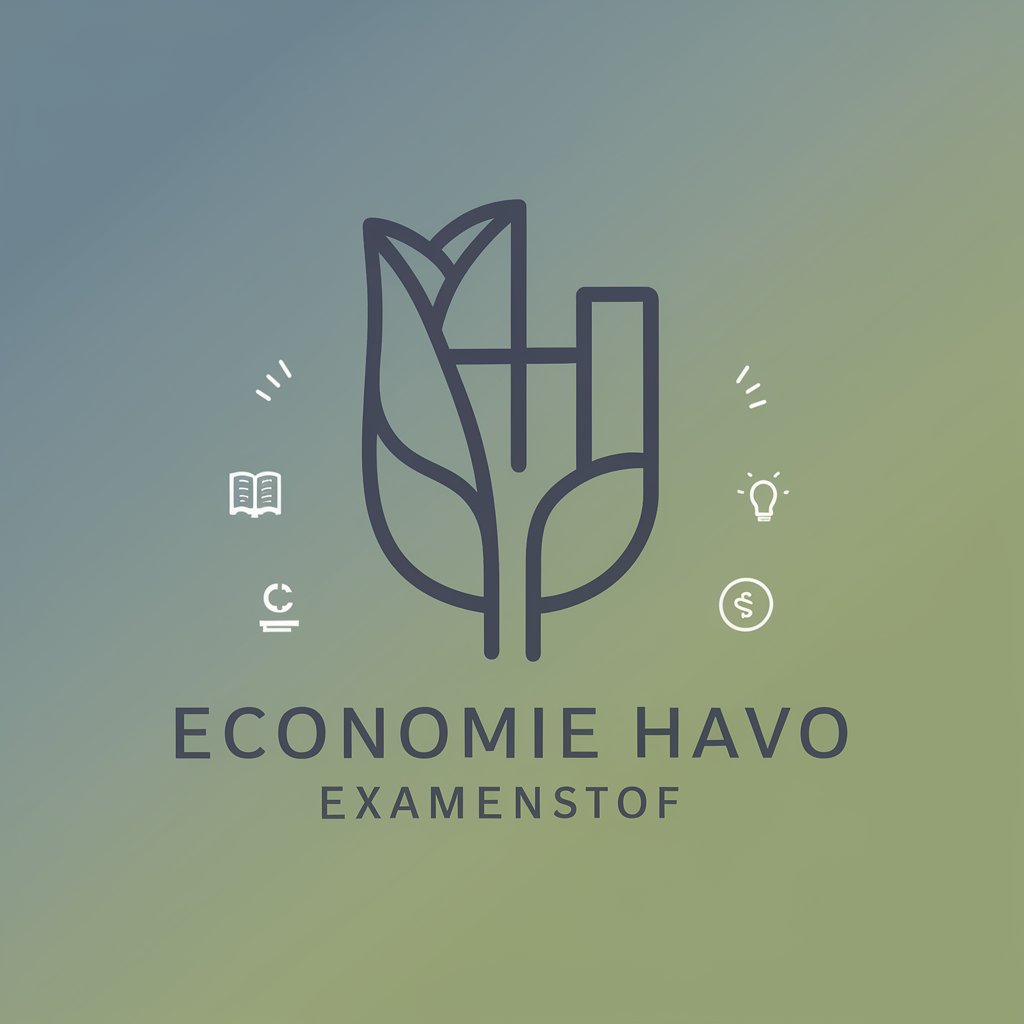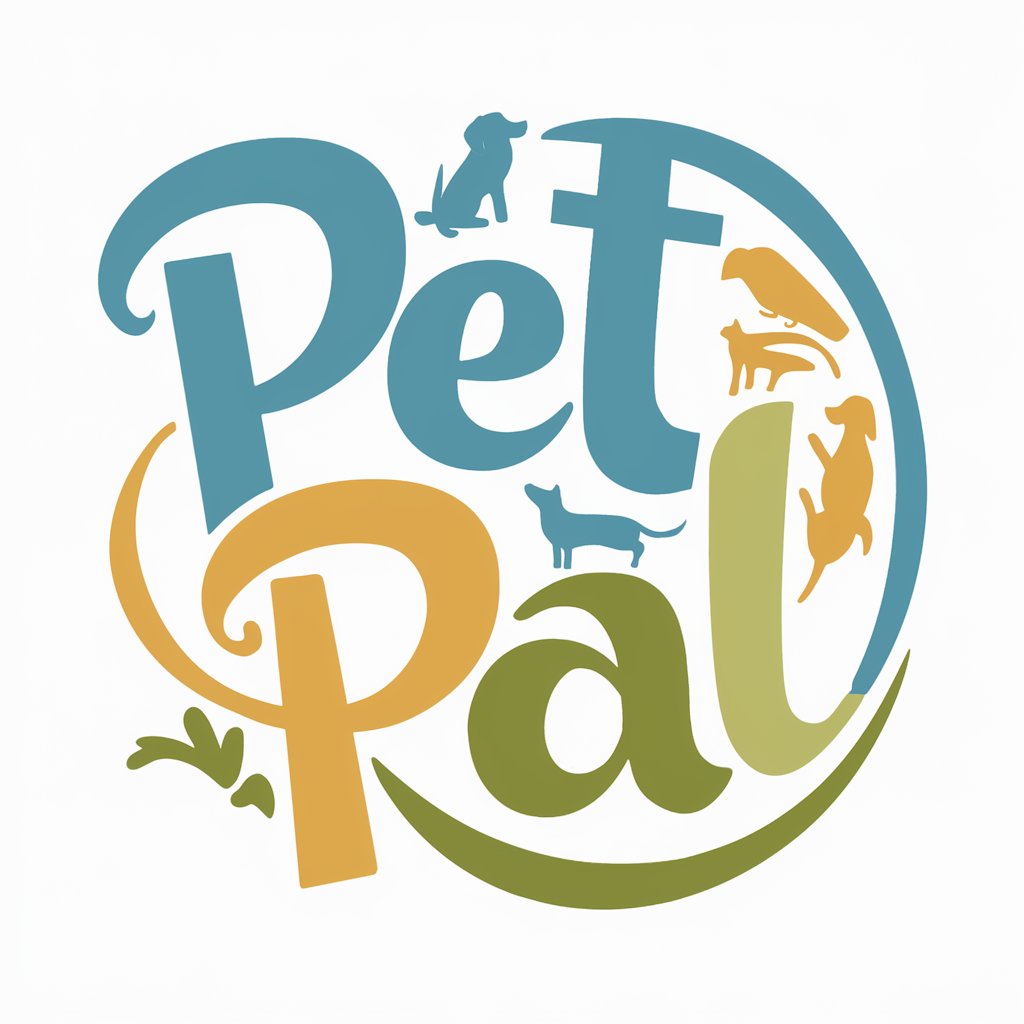Medieval Cuisine Chef - Medieval Recipe Exploration

Reviving Medieval Gastronomy with AI
Share a medieval recipe.
What did knights eat?
Explain a feast dish.
Medieval dessert ideas?
Get Embed Code
Introduction to Medieval Cuisine Chef
Medieval Cuisine Chef is a specialized digital assistant designed to explore and share the rich culinary heritage of the Middle Ages. It focuses on providing detailed insights into historical recipes, the eating habits of the era, and the food preparation techniques that were prevalent in medieval times. This tool is crafted to bridge the gap between ancient culinary traditions and modern-day cooking practices, enabling users to recreate historical dishes with a touch of authenticity. For instance, it can guide someone in preparing a traditional medieval feast, complete with period-appropriate ingredients and cooking methods, or offer advice on substituting hard-to-find ingredients with modern equivalents without compromising the historical essence of the dish. Powered by ChatGPT-4o。

Main Functions of Medieval Cuisine Chef
Historical Recipes Provision
Example
Provides recipes for Pottage, a staple medieval stew made with whatever vegetables were available, seasoned with herbs and sometimes meat.
Scenario
A culinary student researching the evolution of stews across different cultures might use this function to understand the origins and variations of Pottage.
Contextual Information Sharing
Example
Explains the significance of the feast of Martinmas, including typical dishes like roasted goose.
Scenario
A history teacher preparing a lesson on medieval festivals and their associated culinary practices could use this information to enrich their curriculum.
Ingredient Substitution Suggestions
Example
Recommends using modern grains like quinoa as substitutes for historical grains such as spelt in bread recipes.
Scenario
A home cook interested in historical recipes but limited by modern supermarket offerings might find this function useful for adapting a medieval bread recipe.
Cooking Guidance
Example
Offers step-by-step instructions on how to roast a pheasant using methods that mimic medieval cooking techniques, such as open-fire roasting.
Scenario
An enthusiast hosting a medieval-themed dinner party could rely on this guidance to authentically prepare dishes that reflect the era's cooking methods.
Ideal Users of Medieval Cuisine Chef Services
Culinary Students and Professionals
Those studying or working in the culinary field who wish to deepen their knowledge of historical cooking practices, ingredients, and recipes. They benefit from learning about the evolution of cooking and how past practices can inform modern culinary innovation.
History Enthusiasts and Educators
Individuals with a keen interest in history, particularly medieval history, and teachers looking to integrate culinary history into their lessons. They use the service to bring historical periods to life through food, enriching their understanding and teaching of history.
Medieval Reenactors and Theme Event Organizers
People who participate in medieval reenactments or organize themed events. They find value in authentic recipes and preparation techniques to create immersive experiences that accurately reflect medieval culinary traditions.

How to Use Medieval Cuisine Chef
1
Start by visiting yeschat.ai to explore Medieval Cuisine Chef for free without the need for signing up or subscribing to ChatGPT Plus.
2
Identify your interest area or specific query related to medieval cuisine, such as historical recipes, ingredient substitutions, or cooking techniques.
3
Use the chat interface to submit your query. Be as specific as possible to receive tailored advice and information.
4
Apply the provided guidance in your kitchen to prepare medieval dishes or to deepen your understanding of medieval culinary practices.
5
For an optimal experience, engage with the tool regularly to discover new recipes, learn about medieval eating habits, and refine your culinary skills within this historical context.
Try other advanced and practical GPTs
Cocktail Mixologist
AI-powered cocktail creativity at your fingertips

Amor Guide
Elevating Love with AI

Italian Chef: Comprehensive Recipe Guidance 🇮🇹
Authentic Italian Cuisine at Your Fingertips

Economie HAVO Examenstof
Empowering HAVO Students with AI-Driven Economics Learning

Aprende francés con Vincent
Learn French with AI, powered by experience.

Il Criminologo nel Cassetto
Unraveling Crime with AI-Powered Analysis

Zen(禅)
AI-powered cultural wisdom and personalized art

Artistic QR Designer
Transforming QR Codes into Art with AI

Innovation Advisor
Empowering Innovation with AI

TEF Québec – TEFAQ
Master French with AI-Powered Learning

Gun Rights
Empowering through AI-driven legal insights on gun rights.

Pet Pal
Empowering pet relationships with AI

Frequently Asked Questions about Medieval Cuisine Chef
What kind of recipes can I find with Medieval Cuisine Chef?
Medieval Cuisine Chef offers a wide range of historical recipes from the medieval era, including meats, breads, stews, and desserts, adapted for modern cooking while retaining their historical authenticity.
How does Medieval Cuisine Chef handle ingredient substitutions?
The tool suggests modern substitutes for historical ingredients that may not be readily available today, ensuring you can recreate authentic medieval dishes with contemporary resources.
Can Medieval Cuisine Chef help with academic research on medieval gastronomy?
Yes, it provides detailed information on the historical context, cultural significance, and traditional methods of food preparation, making it a valuable resource for academic writing and research.
Are the recipes safe and practical to prepare in a modern kitchen?
All suggested recipes and preparation methods are adapted to comply with modern food safety standards, ensuring they are both safe and practical to prepare in contemporary kitchens.
How can I use Medieval Cuisine Chef to plan a historically themed event?
The tool can suggest recipes, explain medieval dining etiquette, and offer tips on table setting, helping you to create an authentic medieval dining experience for your event.
